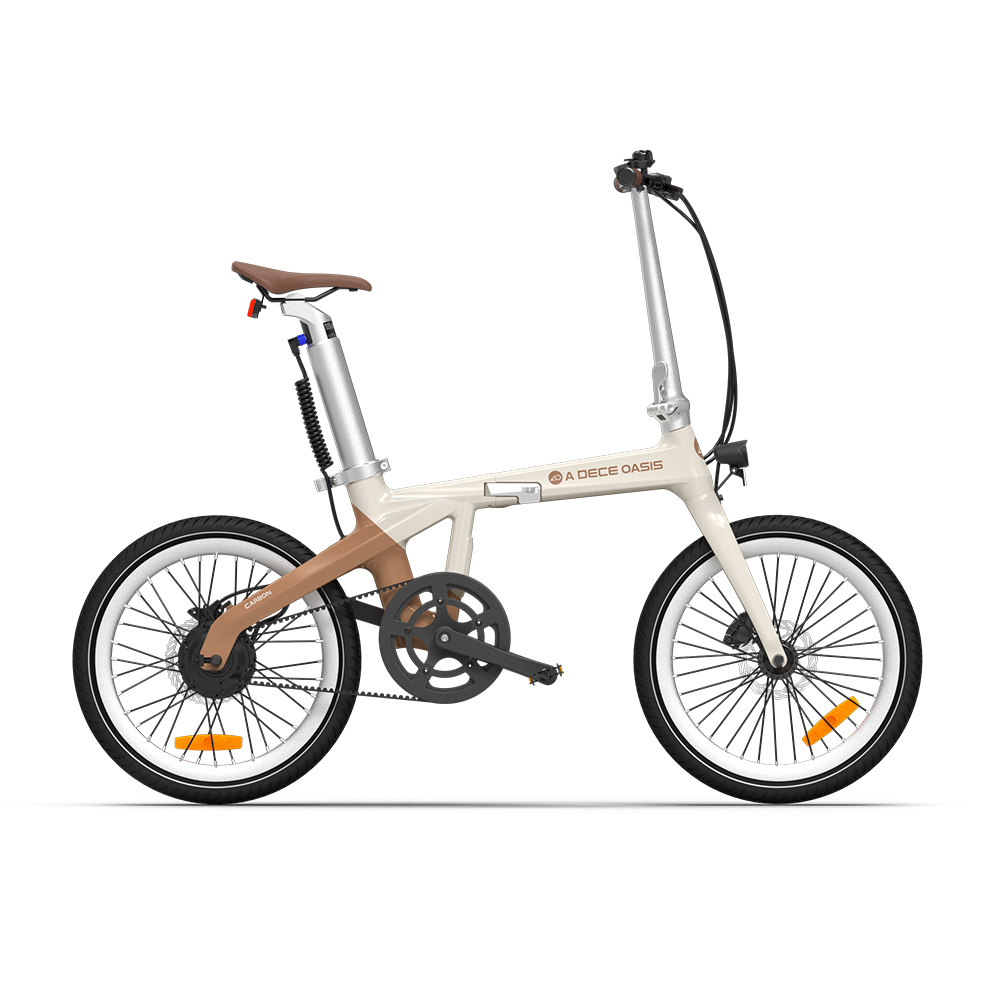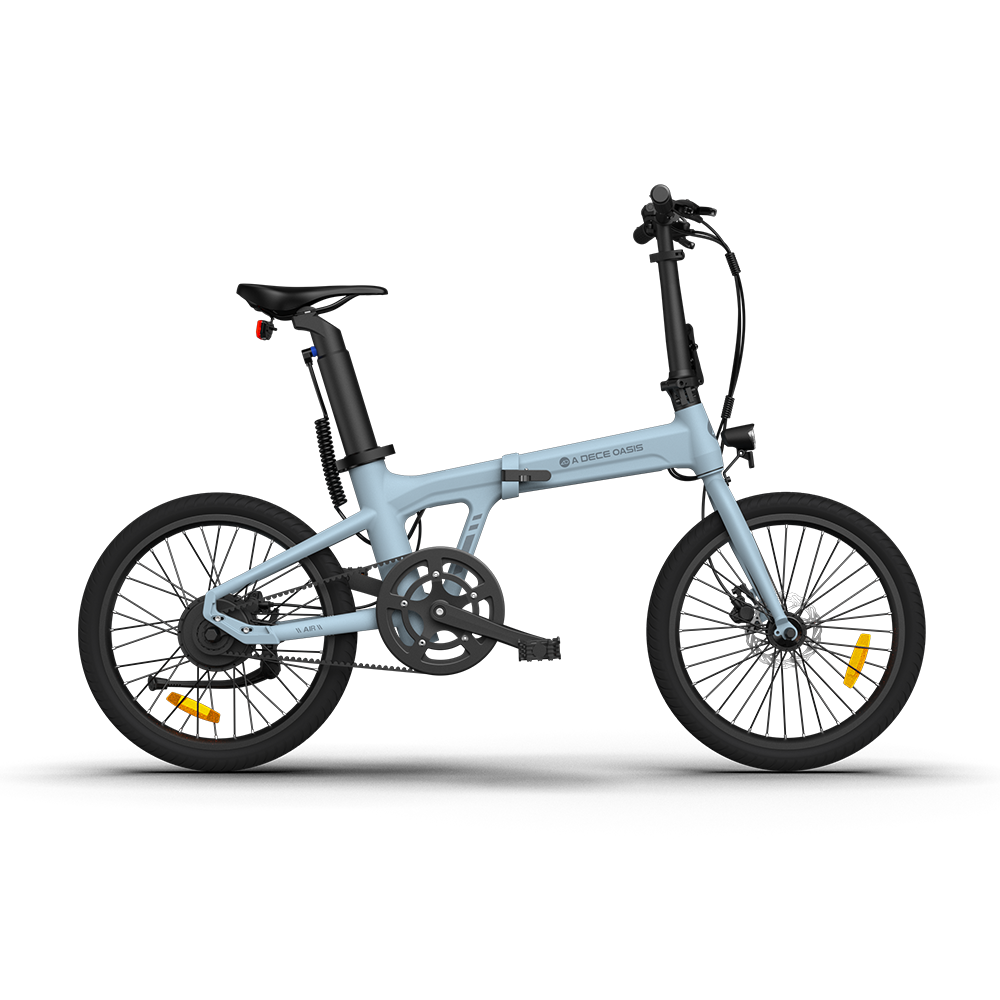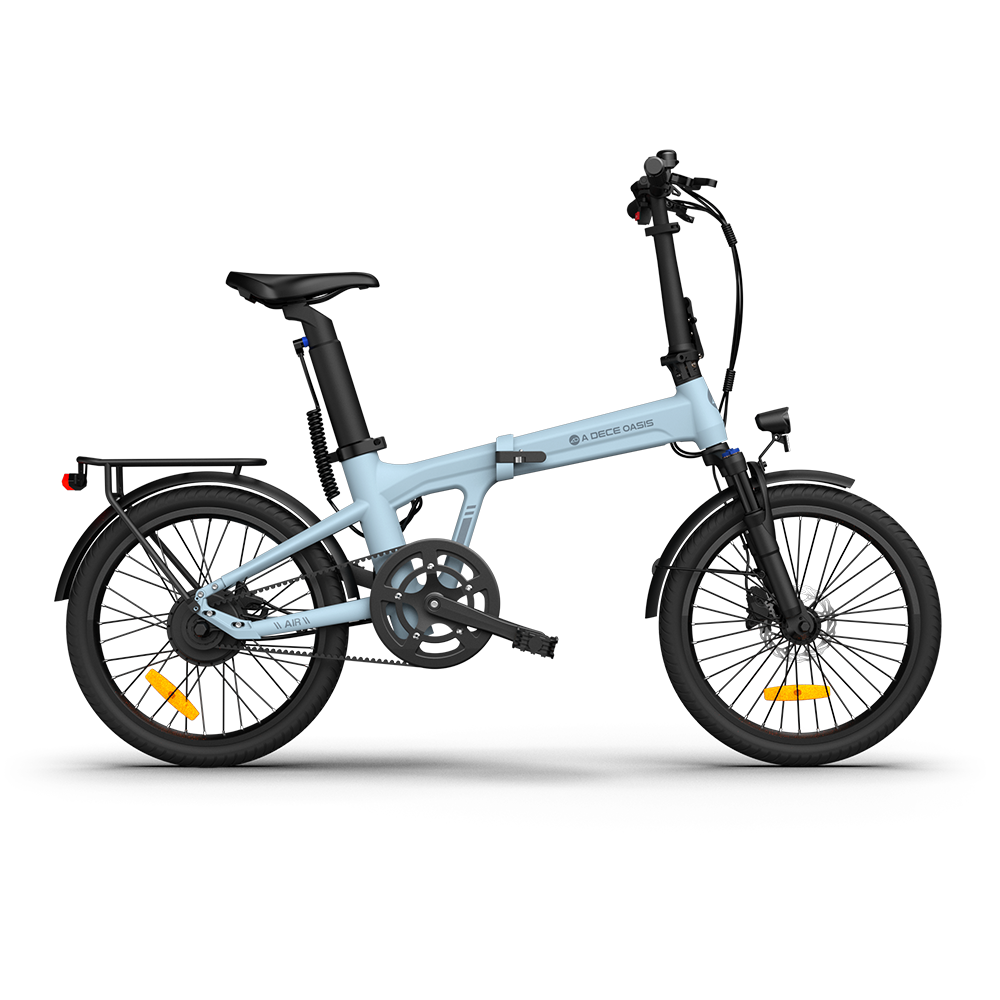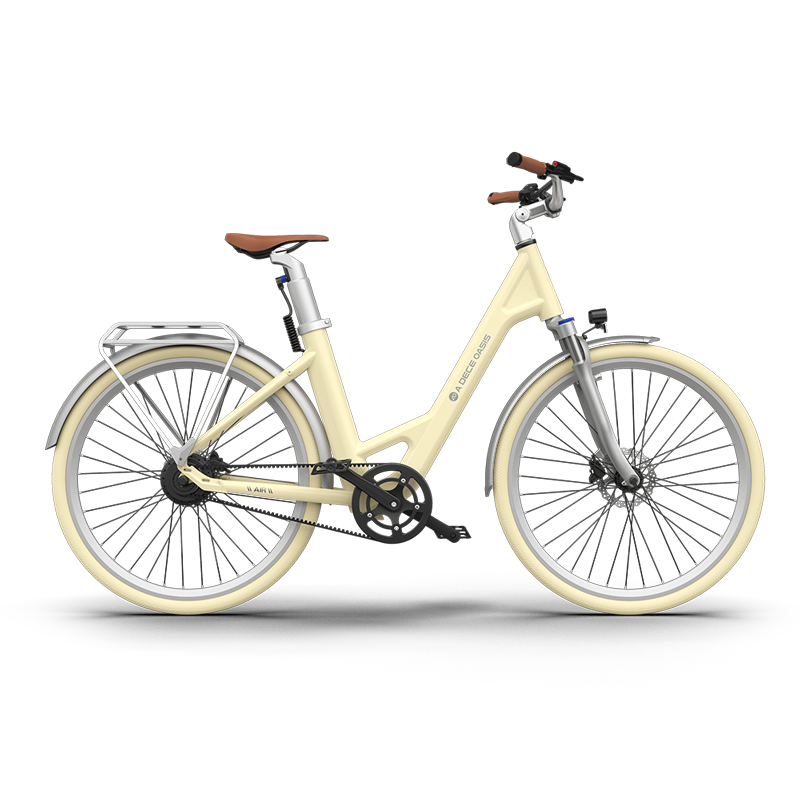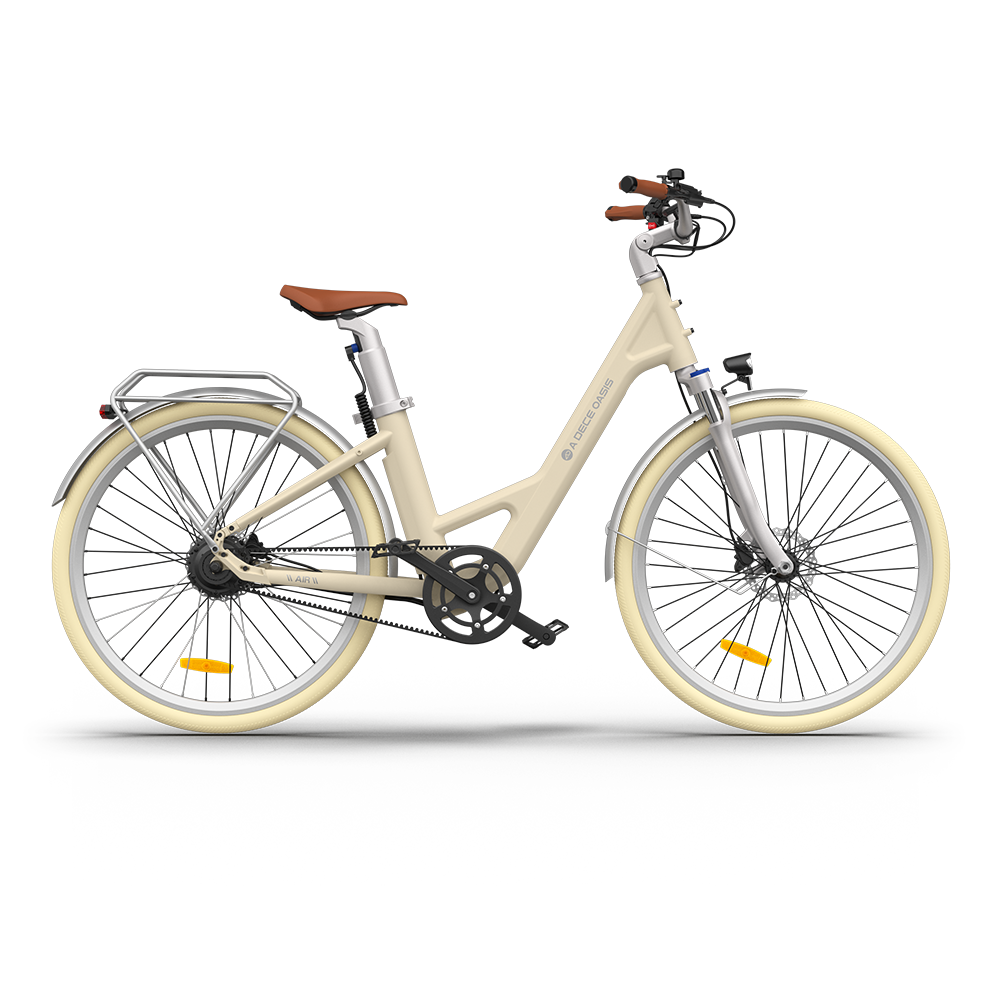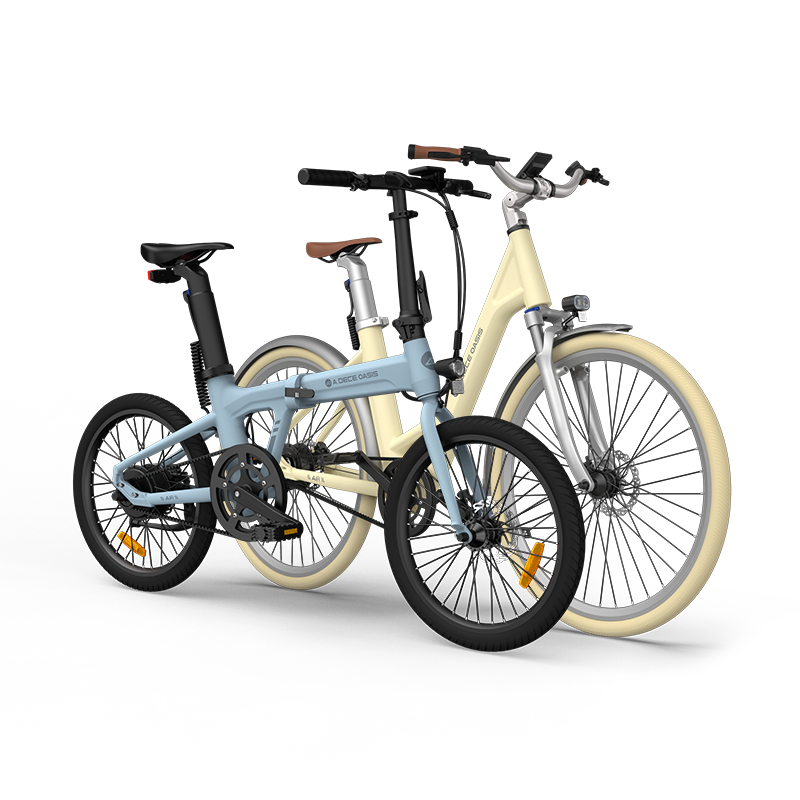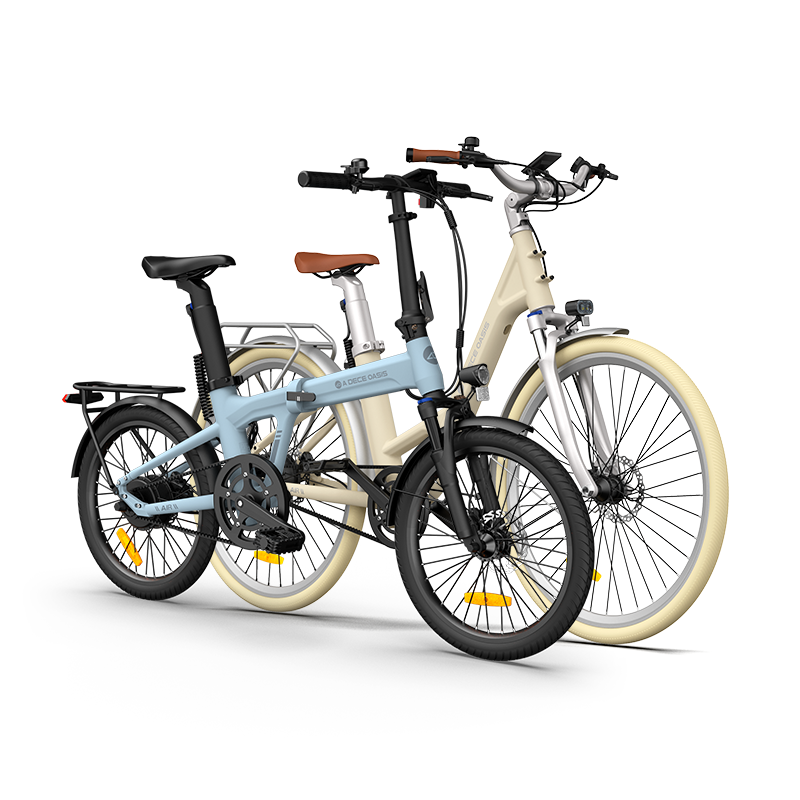Many electric bikes can be considered bicycles rather than mopeds or motor vehicles under European and British law. Generally speaking, this implies that while you are not obliged to register your e-bike or pay road tax, you are still expected to wear a helmet and follow other riding laws. Except when municipal laws forbid them, e-bikes are legal on bike lanes. EBikes are permitted to use the cycle lane on most EU roads and the bike lane on UK roads.License for an electric bike is not necessary, but UK legislation, including those in Northern Ireland, stipulates that you must be at least 14 years old.
Europe rules and regulations for electric bike
Since they imposed strict regulations on bike manufacturers who wished to sell their goods in the EU, EU lawmakers must have come to the same conclusions. Legal limitations on e-bikes have drawn criticism for being unduly lax, but the EU parliament merely opted to set them up as a framework. If the national lawmakers decide that more muscular limitations are necessary, they could make them law. For the time being, EU Directive 2002/24/EC must be followed by all member states. According to this rule, an e-bike must have a motor that continuously outputs no more than 250 watts to be exempt from registration and license requirements.
Furthermore, as the bike’s speed rises to 25kph, this output should gradually decrease. The engine stops providing support at this speed, leaving your legs to carry the weight. Moreover, unlike many rear and front hub motors, the e-bike motor shouldn’t be able to operate independently.
So permit is necessary for an e-bike in the EU;
*Have a motor with a maximum continuous input of 250W.
*Merely use the motor as a helper to propel you along at 25 kph
Different countries in Europe have different rules. Rules and regulations of some popular countries are as follows:
Ebike laws in UK
E-bike sales in the UK increased significantly, particularly during the epidemic. Many commuters who usually take public transportation decided to switch to this quicker and healthier option. After Brexit, the UK maintained the restrictions because it was a member of the EU when it put them in place. They did, however, feel the need to put a weight restriction. An e-bike must weigh no more than 30 kg to be free from licensing requirements and motorcycle-related laws. Additionally, e-bike riders are at least 14 years old to be allowed to ride.
Ebike laws in Germany
Over the years, Germany has made several moves to enable electric mobility. The category of Personal Light Electric Vehicles includes e-bikes. These are limited to a top speed of 20 km/h, but if you wear a helmet, you can go faster. Number plates and insurance are required. The maximum motor power for e-bikes is 500 watts. Additionally, e-bike users must utilize cycle routes unless there are none; in that case, they have permission to ride on the road.No licence for an electric bike required.
Ebike Laws in Spain
Similar to most other nations on this list, Spanish law limits the top speed to 25 km/h and the maximum motor power at 250 W. E-bike riders are prohibited from riding on pavement and face fines if caught doing so. In addition, you need a circulation certificate, which your e-manufacturer bikes will give you. Neither a license nor insurance is required. Finally, although it is not needed, the authorities support the usage of helmets or use a reflective vest to keep oneself safe when driving.
Ebike Laws in Italy
In Italy, ebikes can travel at a top speed of 25 km/h on major roads, but they must travel no faster than 6 km/h on pedestrian routes. The motor’s maximum permitted power output is 500 W. E-bike use is restricted to those at least 14 years old, and riders between the ages of 14 and 18 must wear helmets. Neither a license nor insurance is required.
Ebike Laws in France
In France,licence for an electric bike required.only e-bikes that meet certain safety standards can be licensed. If it does not, the e-bike can only be driven on private roads, such as in one’s own garden. The seller must inform the consumer whether the e-bike being sold is licensed or not.
Ebike Laws in Belgium
This biking paradise determined that having just one type of e-bike is insufficient. There are so many different kinds of electric bikes it makes sense to categorize them further. Therefore, Belgium separated the three different categories of e-bikes.
All ages can safely ride 250W bikes that help you reach 25 kph, and anyone can do it without needing a helmet.No licence for an electric bike required.
“Electric motorcycles” are classified as 1,000-watt bikes that can propel you up to 25 kph. A driver must be 16 years old to operate such a bike. Additionally, a compliance certificate must be issued.
“Speed pedelecs” are 4,000W bikes that assist you up to 45 kph; they are categorized as mopeds and must adhere to their rules.
Ebike Laws in Denmark
No one is surprised by how leniently the capital of cycling in the globe treats ebikes.
In the old Viking realm, the bike lane speed pedal has been permitted in bike lanes since 2018. You must be 15 years old and wear a helmet when riding this fantastic e-bike. However, licenses and license plates are not required.
Ebike Laws in Ireland
The government has not legally regulated the usage of e-bikes in Ireland. Still, Eamon Ryan, the minister of transportation, has made statements. There won’t likely be any insurance or license requirements under the upcoming e-bike laws. However, the advised minimum age is 16, and those ages 16 and 18 must wear helmets. In addition, riding on sidewalks is entirely prohibited, and the top engine-assisted speed limit is 25 km/h. In other words, Ireland will form a new legislative framework to control the use of e-bikes and e-scooters.
Do you need a license for an electric bike
Conclusion
As it stands, most countries do not require a license for an electric bike;the majority of EU members adhere to the ordinary laws decided upon by the European Parliament. Additionally, many non-EU nations, like Turkey, have used the EU regulation as the foundation for their e-bike laws. It’s realistic to assume, though, that additional countries will follow the examples given above and draught their e-bike legislation that considers the riding culture, infrastructure, and other unique aspects of their respective nations.




